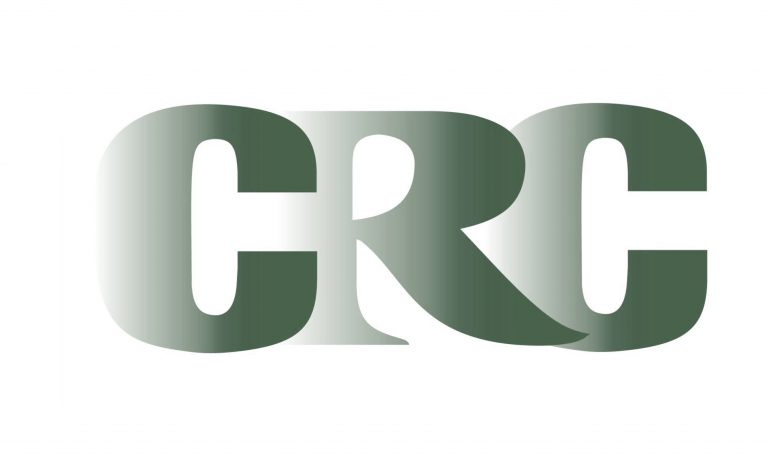If your company has been suffering from staffing shortages, you may be overpaying for workers’ compensation. Between the ongoing impact of COVID-19 and the Great Resignation, many companies have seen the number of employees drop from 2019 levels. This can throw off rate calculations and result in work comp overpayments.
COVID-19 Job Losses
As COVID-19 spread around the world in 2020, many businesses were forced to close their doors and lay off workers. According to the OECD, approximately 22 million jobs were lost in the United States and other OECD member countries in 2020. A 2021 report found that job levels had recovered partially, but there were still 8 million more people who were unemployed than before the pandemic. Additionally, more than 14 million more people were not actively looking for work.
Not all workers left their jobs because of layoffs. Some quit because they had to take on caregiving duties as schools and daycare centers closed or went virtual. According to the Pew Charitable Trusts, mothers with children under the age of 13 lost 2.2 million jobs between February and August, representing a 12% drop, while fathers only lost 870,000 jobs, representing a 4% drop. The difference is also significant when looking at single mothers versus single fathers. Single mothers lost 16% of jobs, while single fathers only lost 4%.
The job market has been recovering. According to the U.S. Department of Labor, the economy added 528,00 jobs in July, and the number of Americans working actually exceeded the pre-pandemic number. Additionally, the unemployment rate in the July jobs market report was back to its pre-pandemic low of 3.5%.
Despite these recent recoveries, some businesses may still be struggling with staffing shortages. Even if businesses have restaffed to pre-pandemic levels now, they may have experienced a prolonged period of being understaffed. During this time, they may have overpaid for work comp insurance as a result.
The Great Resignation
Another trend has been causing staffing problems for companies: the Great Resignation.
According to the Bureau of Labor Statistics (BLS), in 2021, people started noticing an increase in the quit rates based on data from the Jobs Openings and Labor Turnover Survey (JOLTS). The JOLTS program produces data on job openings, hires and separations, and it’s been in use since December 2000. In January 2001, the second month of the program, JOLTS showed a quit rate of 2.4%. This rate was occasionally matched but never surpassed until March 2021, when the quit rate reached 2.5%. From there, the quit rate kept climbing, reaching as high as 3.0%. The Great Resignation had begun.
Quit rates remain high. BLS says that the quit rate in February, March and April 2022 was 2.9%. In May and June, the quit rate fell to 2.8% — still significantly higher than pre-pandemic numbers. More resignations may be coming. According to the Conference Board, 31% of workers plan to quit despite concerns about an economic recession.
All of this turnover means that some companies are having a hard time staying staffed. At the same time, businesses may feel the need to cut staff to cope with rising inflation and wages. Because of the way work comp premiums are calculated, these workforce trends may be resulting in overpayments.
How Staffing Shortages Impact Work Comp Rates
Workers’ compensation rates are based on complicated formulas that incorporate multiple factors. One of these factors is the employer’s payroll. Some workers’ compensation policies use a pay-as-you-go method based on actual payroll, but most workers’ compensation insurance uses payroll estimates to calculate premiums. If these estimates are wrong, the workers’ compensation premiums will be off.
This means that changes in your payroll can have a big impact on your rates. If your number of workers goes down, you payroll will probably go down as well. Your workers’ compensation premiums should reflect this, and if they don’t, you may be overpaying.
Have You Overpaid?
If you experienced staffing shortages during the pandemic, you may have overpaid for workers’ compensation. Likewise, if you’re dealing with high turnover now, or if you’ve had to reduce the number of workers or hours because of economic conditions, you may be overpaying for workers’ compensation insurance.
The good news is that you can recover the overpayments. Cost Recovery Consultants provides workers’ compensation audits with no upfront costs. If you’re owed money – and most of our clients are – you’ll get a refund. Contact us for free analysis of your company’s potential work comp recovery.


Recent Comments